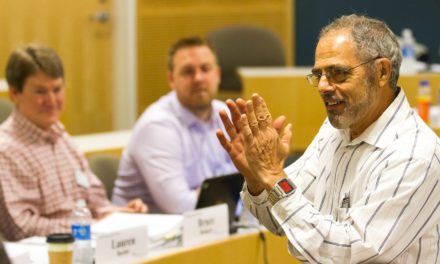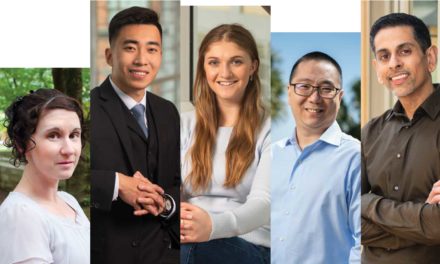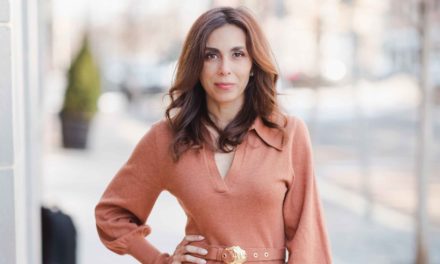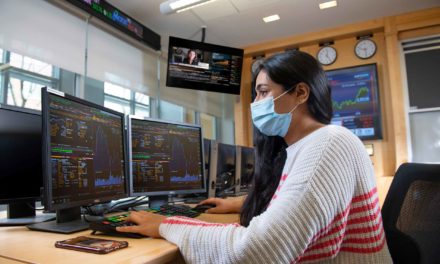BOSS Program helps underrepresented students envision a future in business
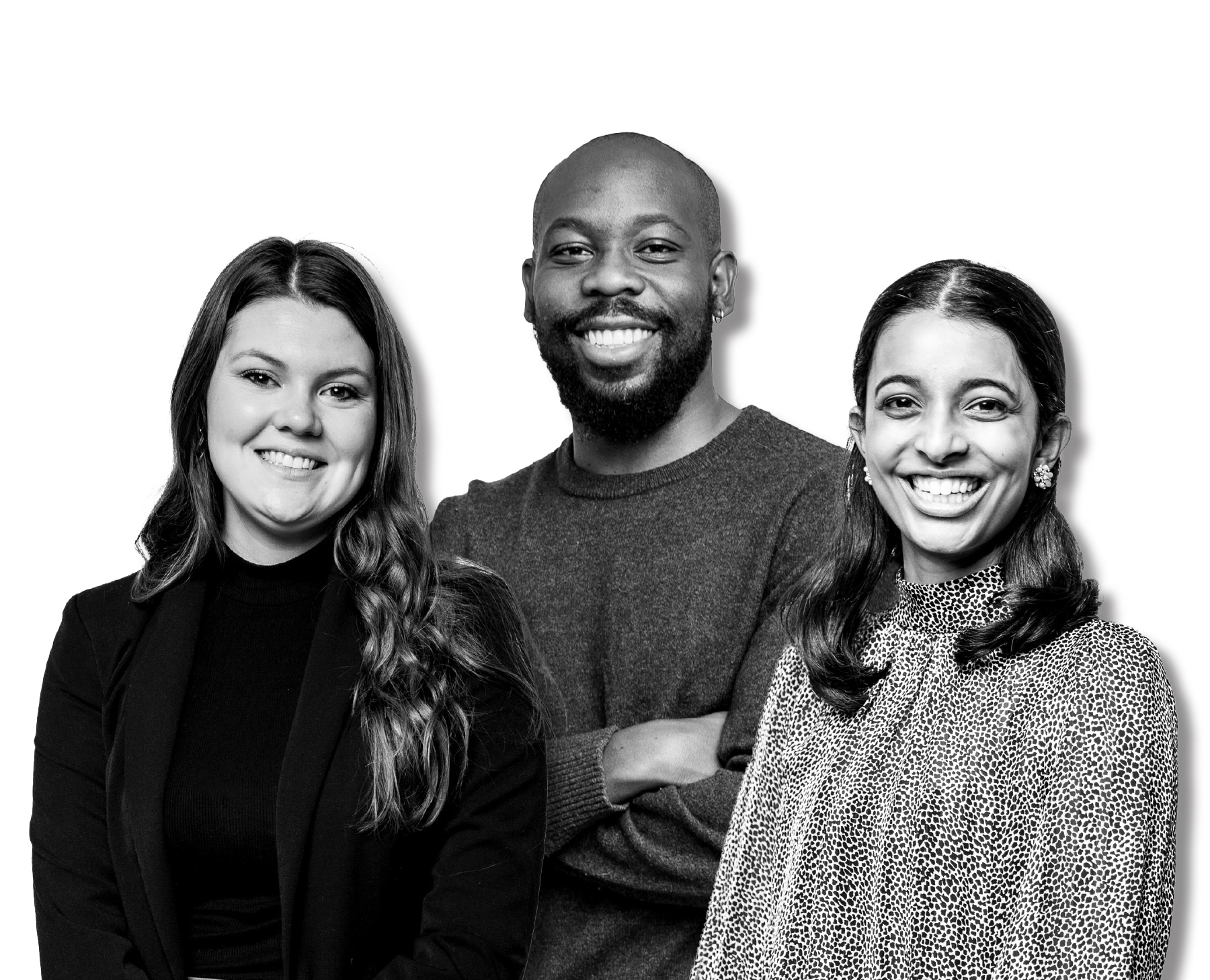
During the summer of 2008, Diag Davenport, a Black rising high school senior from Washington, D.C., participated in the Penn State Smeal College of Business’s first BOSS (Business Opportunities Summer Session) program. The two-week program helps high schoolers, particularly those from underrepresented communities, to learn more about business majors at Smeal and explore possible career paths.
For Davenport, it was the first step in an impressive academic career that has included earning bachelor’s degrees in management and economics from Penn State and a master’s in mathematics & statistics from Georgetown University. Earlier this year, he earned a doctorate in behavioral science from the University of Chicago Booth School of Business. Before becoming a business professor, he is now pursuing a two-year postdoctoral fellowship at Princeton University, where he is using artificial intelligence and machine learning to continue his research into how behavioral choices people make contribute to economic inequality.
Davenport is just one example of the scores of success stories for the more than 400 American and international students who have participated in BOSS since 2008. Offered every year since then except for 2020 (due to the pandemic), it is so popular that, last year, 85 students from the U.S., India, Africa, and South America participated in a virtual week-long program. This past summer, besides 21 in-person participants for the full two weeks, 52 students from Mexico, Chile, Nigeria, the United Arab Emirates, and India participated in a virtual two-day option.
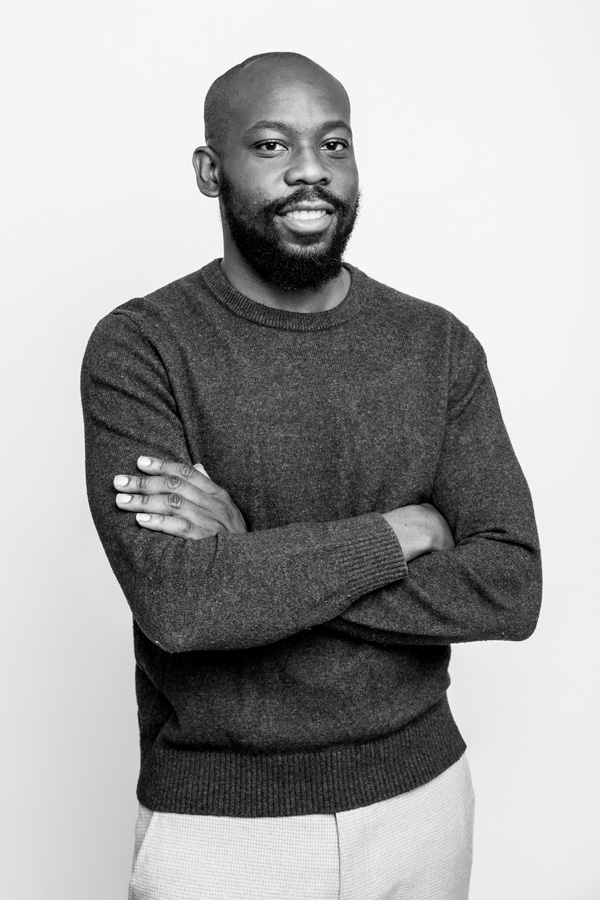
For Diag Davenport ‘13 Mgmt, ‘14 Econ, participation in the BOSS program was the first step in an academic career that
included earning bachelor’s degrees in management and economics, a master’s degree in mathematics and statistics, and a doctorate in behavioral science.
“Smeal has more than 5,000 undergraduate students,” says Jamie Campbell, Smeal’s assistant dean for diversity enhancement programs. “For some students, that’s too big. We try to create a tight student cohort and engage their parents too. Our message: when you come to Smeal, you’re not just going to be a number.
“At Penn State, we need to do a better job of making underrepresented students feel welcome and comfortable, and BOSS does that by letting students know that they can fit in here.”
The immersive academic program includes:
- Introductions to each of the business disciplines/majors offered at Smeal by deans and professors, including departmental chairs
- Visits to learn how various businesses work, such as: EY’s offices in Pittsburgh or Philadelphia, where participants meet and discuss career paths with staff and interns, including Penn State students and alumni; the on-campus collegiate and minor league baseball stadium; and a family-run amusement park
- Discussions with previous BOSS participants
- A team competition to develop the best new business proposal
Except for a $50 registration fee (need-based scholarships are also available), BOSS is free.
“It formalizes your understanding about what it means to make money and connects you with people who have more answers,” Davenport says. “At the end of the classes, every professor said, ‘Here’s my email address. If you have questions, email me’ — which I did.”
“Outside of Wegmans, where I worked for five years, it was my first experience meeting business professionals.”
“It was life-changing,” adds Morgan Taylor Carosi, a 2017 BOSS participant from Collegeville, Pennsylvania, who earned a bachelor’s degree in supply chain and information systems in 2022. “Outside of Wegmans, where I worked for five years, it was my first experience meeting business professionals. It gave me insight into what the business world would really be like after graduation. It helped me look down the road that far.”
Back home, Carosi told her dad that she only wanted to apply to Penn State. She was so enamored with the class taught by Felisa Higgins, associate dean for undergraduate education and clinical professor of supply chain management, that she majored in supply chain and information systems.
For BOSS participants like Carosi who attend Penn State, the program is just the first taste of a supportive community of students and staff.
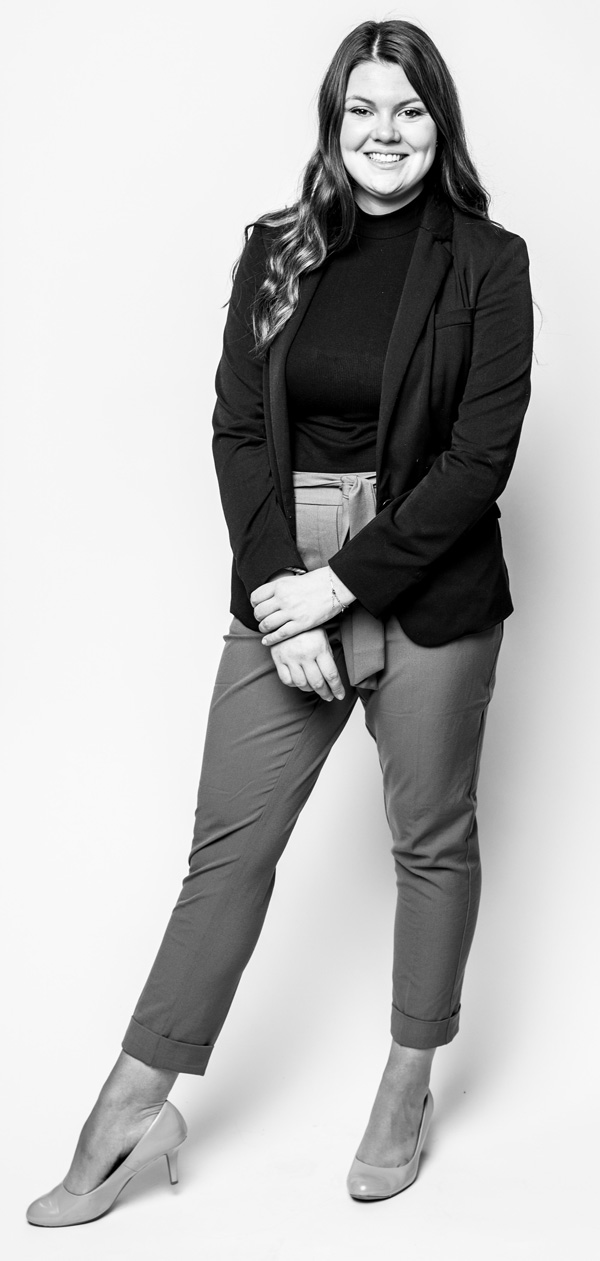
Since July, Morgan Taylor Carosi ‘22 SCIS has been working with the Veteran’s Administration as a public sector advisory associate in Grant Thornton’s Arlington, Virginia office.
As Diversity Enhancement Scholars, they participate in a specialized first-year seminar that gives them early access to recruiters. They also meet monthly, often during a dinner hosted by company executives who discuss issues related to diversity, equity, inclusion, and belonging. In addition, they can: join multi-cultural student organizations; participate in the planning of Smeal’s annual one-day START (Striving Toward Awareness & Respect for Tomorrow) Conference; and participate in national case competitions.
Then there is the open-door policy offered by the Diversity Enhancement Program’s staff — Campbell; Director Olivia Lewis, who is the students’ academic advisor; and former Program Assistant Pauline Hough. “We always knew that someone in the office, a student or Olivia, Jamie, or Pauline, would be there to help us through anything, whether it was a school or personal issue,” says Carosi. “It made a big school very small. We created a family in there.”

Shefali Raghaven ‘22 RM now works in PwC’s Manhattan office as a digital assurance and transparency associate.
Adds Davenport: “Everything starts and ends with Mr. Campbell, who became a welcoming father-like figure to me. He largely orchestrated my study abroad in Brazil and France and, in a flurry of emails, he let me know about internship opportunities and case study competitions. I felt I was going to hear about any useful opportunity from him.”
“I could always go to Pauline to vent about anything,” adds Shefali Raghavan, an Indian American from Yardley, Pennsylvania, who earned a risk management degree this spring. “Olivia asked tough questions to make sure I was selecting the right courses, and Jamie — along with Brittany Daniels (’19 MAcc), who was interning with EY during my BOSS visit there — helped guide my internship choices, first with Deloitte and then PwC, where I now work.
“I still keep in touch with them because they were so influential for me,” she says. “I can’t thank them enough.”
Raghavan, who also earned a minor in digital media trends and analytics, now works in PwC’s Manhattan office as a digital assurance and transparency associate. Her job combines forensic accounting and risk auditing with data analytics. At PwC, she recently participated in a group phone call with other Penn State graduates interested in helping recruit students this fall. “There were 200 to 300 people on the call!” she reports.
Davenport also keeps in touch with the Office of Diversity Enhancement Programs. While still at Penn State he, like Carosi, was a BOSS program assistant, and usually returns to talk with the latest BOSS cohort. “One of the biggest takeaways is the value of mentorship,” he says. “I’ve benefited immensely from the mentorship of Mr. Campbell, so I try to regularly mentor others. It’s part of my DNA.”
Since July, Carosi has been working with the Veterans Administration as a public sector advisory associate in Grant Thornton’s Arlington, Virginia, office — a job she got through her connection with another GT employee, George Pla, a 2020 diversity scholar graduate.
“I grew up in a very white area without a lot of diversity,” she says, “and the program really opened my eyes to the prejudice that some people have faced, and for the need to be inclusive and create genuine bonds with coworkers who have had other experiences.
“Given the fact that I am now spending more time with them than with my family and friends, that’s particularly important.”
Smeal By the Numbers
Here are a few additional examples of Smeal’s commitment to the academic
and long-term success of its students in 2021-22:



